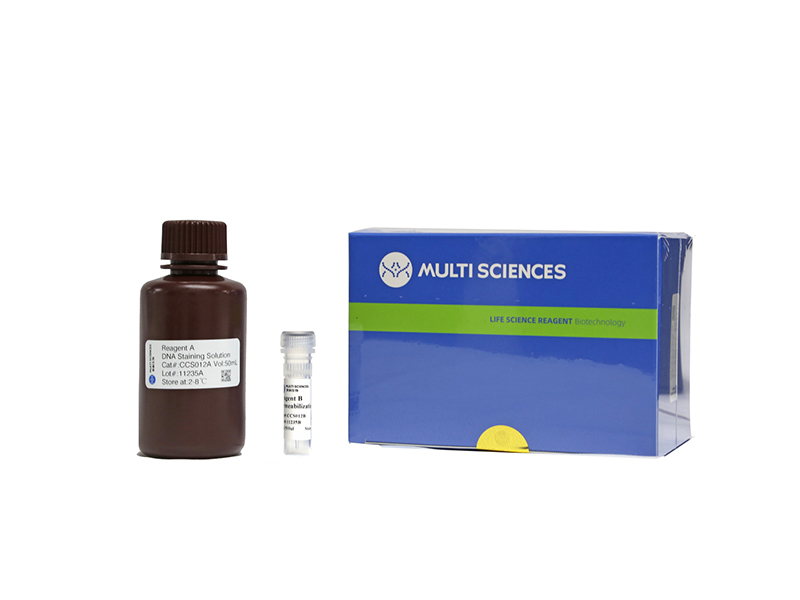Little is known about the role of vascular endothelial growth factor (VEGF) receptor-1 (VEGFR-1) in acute leukemia. In this study, using real-time PCR and ELISA, we found that VEGF and VEGFR-1 are highly expressed in U937 leukemia cells and primary leukemia cells (M4/M5 subtypes), which are associated with an increased migration rate and extramedullary disease. In order to elucidate the role of VEGFR-1 in acute leukemia, we used a lentivirus-mediated shRNA expression system to specifically inhibit VEGFR-1 expression in the U937 cell line. In addition, a series of in vitro experiments were conducted, including cell proliferation and migration assays and drug treatments. Our results showed that shRNA reduced the proliferation and migration of U937 cells. RNA interference targeting VEGFR-1 in combination with bevacizumab did not exert synergistic antitumor effects. However, shRNA enhanced the sensitivity of the U937 cells to cytarabine by decreasing the IC50 of cytarabine, reducing the number of cells in the S phase and suppressing the expression of the survivin gene. Taken together, these results suggest that VEGFR-1 interference may serve as a novel antitumor therapeutic strategy for the treatment of leukemia.
文章引用产品
-
-
- CCS012
- 周期试剂盒
Cell Cycle Staining Kit 细胞周期检测试剂盒
-
¥390.00
-
- CCS012
- 周期试剂盒
Cell Cycle Staining Kit 细胞周期检测试剂盒
- ¥390.00



